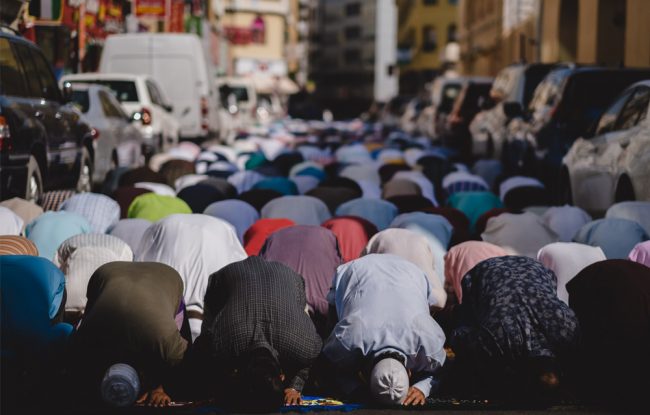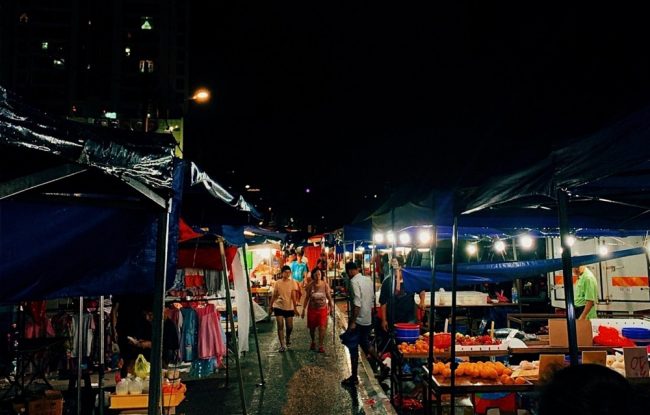Less than a month ago, COVID-19 was thought to be contained to China, while the rest of the world only had to be on guard.
How rapidly things have changed. The pandemic is now widespread, and death rates continue to rise exponentially across the globe. While researchers and scientists’ race to develop a vaccine against the virus, strict confinement appears to be the best course of action to flatten the curve of infections. Numerous countries have implemented lockdowns in attempts to curb the spread of the virus and alleviate their overburdened medical services. In addition to that, precautionary measures such as social distancing are expected to be the norm for the near future.
With Malaysia’s number of recorded cases continuing to rise, the government has implemented a Movement Control Order (MCO) to reduce the rate of infection and flatten the curve. As of March 25th, the Prime Minister Tan Sri Muhyiddin Yassin has announced a two-week extension of the MCO in light of the situation. As citizens are told to stay at home, there will be drastic changes to the lifestyles we’ve grown accustomed to.
The economic impact of COVID-19 must be addressed. The Malaysian Institute of Economic Research (MIER) has projected a shrink to the country’s GDP growth for 2020 at -2.9% y-o-y, with an estimated 2.4 million jobs lost. Small and medium-sized businesses form the backbone of Malaysia’s economy and provide the bulk of employment. With little to no business activity, they will need to use their cash reserves to maintain overheads and pay their staff wages. While short-term fiscal measures like cash give-outs are necessary to support vulnerable groups and stimulate the local economy, it is also imperative that we re-evaluate the current economical structure as it clearly indicates the lack of resilient sustainability in the face of a crisis.
Many low-income families are unable to sustain themselves financially without two weeks of work. This is indicative of an insufficient minimum wage standard; often these groups find themselves living from paycheck to paycheck as their wages barely cover expenses, leaving little room for emergency savings. The situation is more dire for those paid on a daily basis.
The International Monetary Fund (IMF) sees a global recession for the year 2020, as the International Labour Organization (ILO) estimates that global unemployment could increase up to 25 million as a result of COVID-19. As bigger economies experience reduced economic activity, this will have an impact on the entire world. Although globalization has benefited the global economy, its interconnected nature is susceptible to massive disruption when an unprecedented crisis of this magnitude occurs. Though some might argue that, a pandemic is a rare occurrence that will eventually fade away. We cannot ignore the fact that Malaysia’s economy is highly dependent on imports, especially crucial necessities such as food, medical equipment and raw materials.
We are now in uncharted territory. As the situation continues to unfold, governments around the world are adapting their responses to contain COVID-19’s spread. Back home, the Malaysian government will have to redirect its policy efforts towards strengthening society’s safety nets and ensuring minimum living standards for all. Attention must also be given to securing our critical manufacturing and local production supply-chain to ensure some degree of self-sufficiency. If anything, the crisis has highlighted the need for policymakers and policy advocates to reconsider the economic structure, towards a more humane and resilient model.




